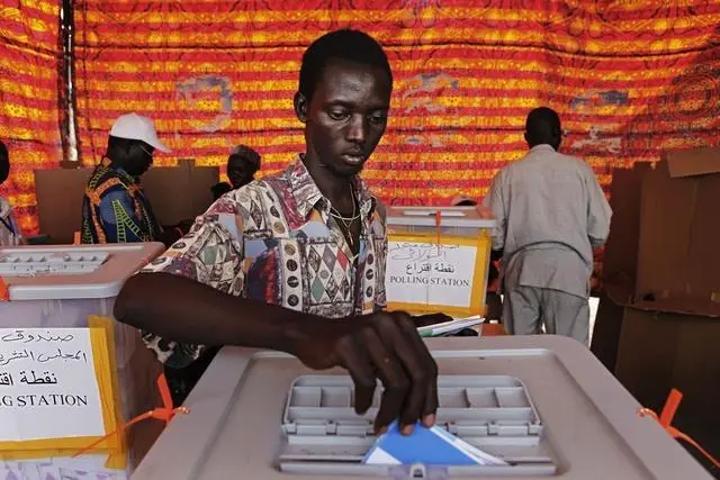Africa-Press – South-Sudan. The South Sudan Human Rights Defenders Network has expressed deep concern over proposals by the National Elections Commission to base the 2026 general elections on data from the 2008 population census and 2010 constituency boundaries.
In a statement issued in Juba, the network warned that using outdated information would disenfranchise many citizens and undermine the credibility of the country’s first general elections since independence.
The group said South Sudan has undergone significant demographic, social, and political changes over the past 17 years, including population movements, return of refugees, and urban growth — factors that make the old census data obsolete.
James Bidal, Head of Secretariat at SSHRDN, said conducting elections on such figures would be unfair and could erode public trust in the process.
“Conducting elections based on fourteen-year-old data is equivalent to disenfranchising entire communities,” he said.
Bidal added that reverting to the 332 parliamentary seats defined under the 2010 constituencies ignores new administrative boundaries and evolving local governance structures.
“If we are serious about peace, democracy, and credible elections, we must modernize our framework — not rely on 2008 and 2010 data,” he stressed.
The statement follows remarks by Professor Abednego Akok, Chairperson of the National Elections Commission, who proposed using the 2008 and 2010 frameworks for the upcoming polls, citing limited time before the elections.
Professor Akok said the approach would require amendments to the constitution and the National Elections Act to align the laws with the proposed arrangement.
“There are some gaps and contradictions in the National Elections Act regarding the seats and constituencies,” he said in an interview with Eye Radio. “We would like to urge the leadership and those committed to the peace agreement to go back to the 2008 census and 2010 election framework.”
South Sudan has not held a general election since independence in 2011. The vote, scheduled for December 2026, is seen as a crucial step in completing the country’s democratic transition.
SSHRDN is calling on the government, the National Elections Commission, and political parties to update the electoral framework and ensure that the upcoming elections reflect the country’s current realities.
“South Sudan deserves an election anchored in the present for the people we are now, not the people we were in 2008,” Bidal concluded.
For More News And Analysis About South-Sudan Follow Africa-Press






